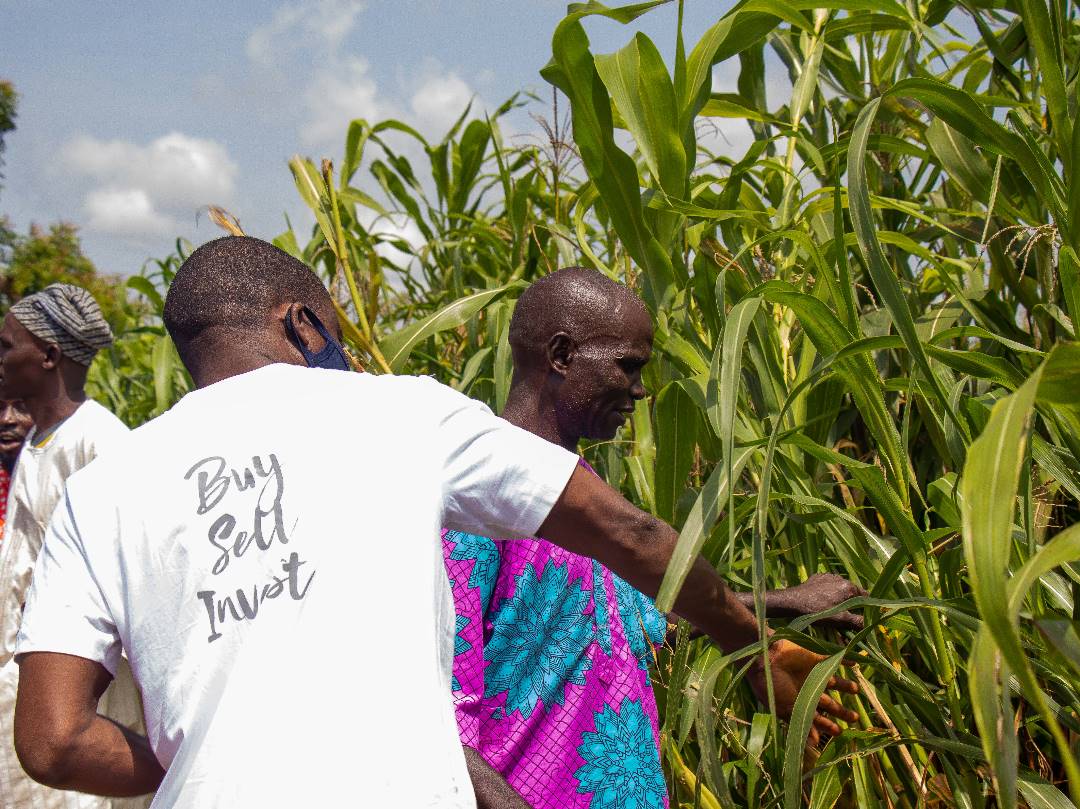Reading time:4 min read
The Role of Traceability in Ensuring Africa’s Food Security
Every human needs food to survive daily. It is essential to provide a healthy and nutritious lifestyle for all. However, the current global food system is failing to meet humanity’s diverse and growing needs, especially in Africa, where millions of people suffer from hunger, malnutrition, and poverty.
According to the World Food Programme, around 258 million people in 58 countries faced acute food insecurity in 2022. This is the highest number in the seven-year history of the report. These numbers will likely increase as climate change, conflicts, and market disruptions threaten food system sustainability and resilience. These challenges require urgent and collective action to transform the food system into one that is more inclusive, equitable, healthy, and environmentally friendly. To achieve this goal, it is important to emphasize the role of traceability and sustainable agricultural practices in transforming Africa’s food landscape.
Traceability speaks to the ability to track agricultural commodities' origin, history, and quality throughout the supply chain, from farm to fork. Sustainability, however, is concerned with ensuring that we produce food to minimize environmental impact and enhance social benefit. Traceability allows us to paint a picture of a proper and full journey of a product or material from origin to destination. This is most important for consumers who need to know how the food they consume is produced, and for businesses who want to ensure the safety and sustainability of their supply chains.
In Africa, traceability can be challenging because of the absence of the resources or infrastructure to keep accurate records. In situations where this infrastructure exists, it is inaccessible to the people who actually need it. The question that traceability begs on the continent is not only that of presence but also access. It encourages a system that both the producers and consumers can clock into, to get any data required in the value chain. This is crucial in agriculture for several reasons; It can help ensure food safety, quality control, market access, and regulatory compliance.
Building transparency and visibility into the value chain facilitates trust within and among the various players involved. A customer is most likely to be a reoccurring client if he is able to trace the movement of the products from the farm to the market, including information about the inputs used in production, transportation, and how the food was stored. This information provides a layer of assurance to clients that their consumption is safe and responsible. In today’s market, this has become an important consideration. On the other hand, traceability is a valuable tool for producers that helps them provide a level of transparency, which enables them to unlock investments and also find a market for their commodities.
Building Traceability Systems
Technology has thrown up possibilities for innovating around traceability. We have examples of GPS automation that enable tracking and documentation from production to the final stages of distribution. At AFEX, we have directly built a traceability system for our export value chain interventions, using our value chain management platform, WorkBench, and a barcode tag that is assigned to every bag of the commodity in AFEX warehouses.
WorkBench is a value chain management platform that houses quality data for every farmer AFEX currently works with, alongside transaction data and logistics information. On the back of this platform, AFEX is able to generate unique QR codes that are tagged to each bag of grain, allowing anyone to see the precise location where the commodity was originally produced and all activities up until the distribution stage. This level of transparency is essential for ensuring the quality and sustainability of commodities, helping to elevate a trust economy between all players in this chain.
At the heart of a drive for traceability systems that shore up food security on the continent is a drive for data and last-mile infrastructure. Where available, the willingness to develop processes and systems that enable the dispersion of data and information on the journey of a plate of food strengthens value chain operations and opens up possibilities for various players. The benefits that accrue from this investment are a strong prerogative to invite joint efforts and collaboration between public and private-led actors to work towards innovations that improve our traceability systems in Africa.
